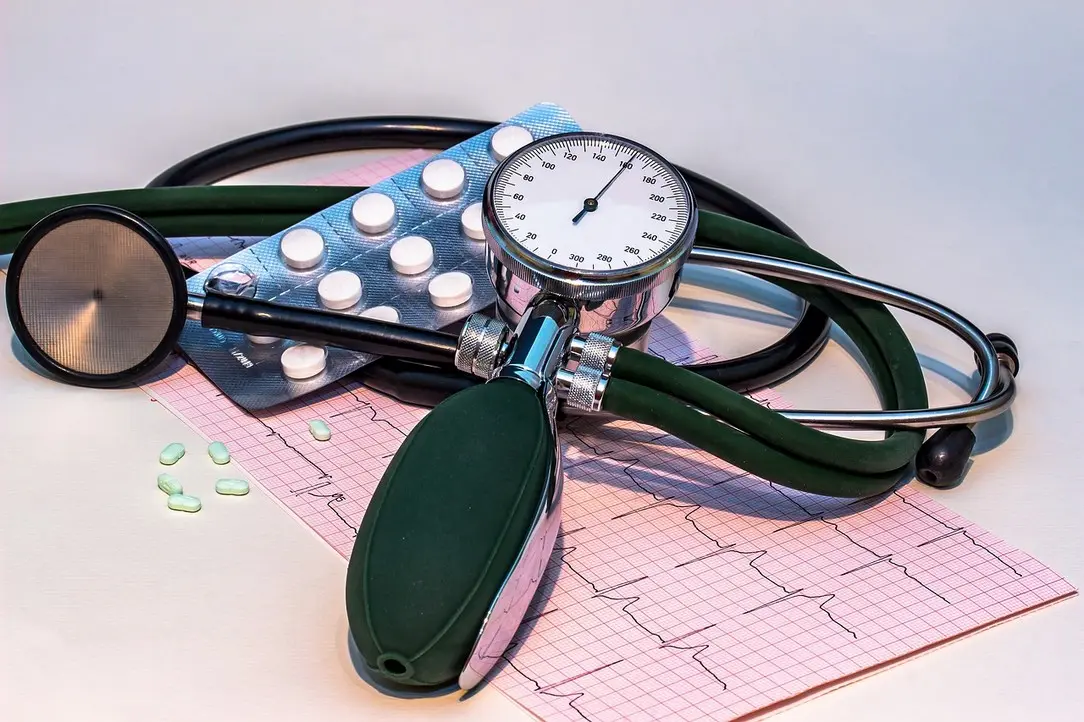Vitamins that will help you take care of your immunity, but also your heart and circulatory system
Vitamin C reduces the risk of heart disease and stroke.
Research on vitamin C always ends positively. One of the latest medical studies reports that the higher the level of vitamin C in the blood, the lower the risk of heart disease. This result confirms our more than 50 years of knowledge that vitamin C plays an important role in maintaining cardiovascular health. Vitamin C is essential for the formation of collagen, one of the important building blocks of arteries, while also reducing arterial inflammation. It is also an important antioxidant that helps other antioxidants (e.g. vitamin E and glutathione) to act on artery walls. According to another study, high levels of vitamin C in the blood plasma reduce the risk of stroke by 50%.
Bioflavonoids and other compounds found in food, fresh fruit and vegetables that facilitate the absorption of vitamin C, are the so-called. vitamin C complex. Bioflavonoids are extremely useful for the human body in triggering the immune response. However, the amount of vitamins needed to fight disease is not always covered by our daily food, especially in winter, so dietary supplements are essential. It is no coincidence that C 1000 Plus Calivita is one of our patients' favorite products!

Vitamin D reduces the risk of heart attack, atherosclerosis and diabetes
"Vitamin D is commonly associated with bone health," said Dr. Abigail Rabatin, a cardiovascular health pharmacist at the Ohio State University Wexner Medical Center. "It helps prevent nutrients from being sucked out of the bones, thus weakening them." While vitamin D has long been known for its role in promoting healthy bones, Ohio University researchers have discovered some interesting new benefits for vitamin D - thanks to their work with high-tech nanosensors. Nanosensors are 1,000 times smaller in diameter than a human hair. The researchers used them to measure the effect of vitamin D on individual endothelial cells, which play a key regulatory role in cardiovascular health. These sensors allowed the researchers to see in real time how vitamin D affects cells.
Experimental results have shown that vitamin D has a regenerative effect on the cardiovascular system, can reduce the risk of heart attack and repair damage caused by hypertension, atherosclerosis and diabetes. In addition, the presence of vitamin D also reduced oxidative stress, thus limiting the harmful effects of free radicals.
Vitamin D is naturally synthesized in the skin by converting UVB light from sunlight. This vitamin can also be found in certain foods, such as oily fish, milk and mushrooms. However, due to the reduced number of hours of sun exposure and the increasing price of high-quality food, we also need to supplement vitamin D. Thanks to the liquid form, the product with vitamin D - D-drops Calivita - offers the simplicity of dosing, it is a proven solution for everyday use for the whole family.
Vitamin K2 prevents calcification of blood vessels
Recently, a remarkable discovery has been made in the medical world about vitamin K2: it prevents the deposition of calcium in the blood vessels, and there is increasing evidence that it can even reverse atherosclerosis. Correlations between vitamin K2 and heart disease have been studied for a long time, for example, a European study of 16,000 people found that coronary heart disease was less common in people who consumed higher amounts of vitamin K2. How does vitamin K2 prevent calcification of blood vessels?
During atherosclerosis, healthy, flexible arteries first develop a porridge-like substance that hardens due to calcium deposits, the so-called formation of limestone plaques. These plaques reduce the elasticity of the blood vessels and prevent the delivery of nutrients and oxygen to the organs. In our body, the task of a protein called MGP is to prevent the accumulation of calcium in the blood vessels. This protein binds excess calcium in the blood, so that it does not accumulate in the walls of blood vessels. But this protein can only perform its vitally important task in its active state, for which it needs vitamin K2, because it is it that activates the MGP protein. One of Calivity's successful products, Calcium Magnesium PLUS, in addition to calcium, magnesium and vitamin D, contains vitamin K2, so you can provide your body with essential minerals and prevent atherosclerosis caused by calcium deposition!















